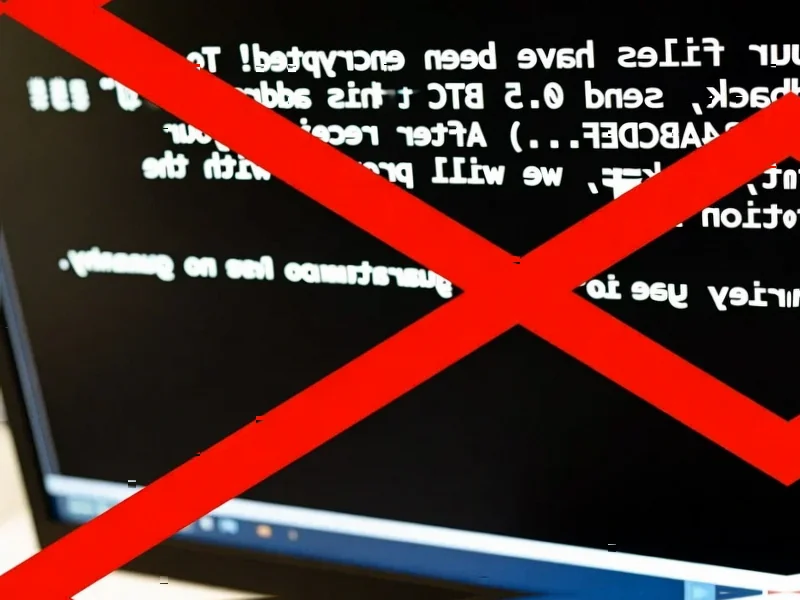According to TheRegister.com, ransomware negotiator Kevin Tyler Martin from DigitalMint and incident response manager Ryan Clifford Goldberg from Sygnia Cybersecurity Services have been indicted for allegedly carrying out their own ransomware attacks against multiple US companies. The indictment filed October 2 reveals the suspects, along with a third unnamed co-conspirator, allegedly deployed ALPHV/BlackCat ransomware against five companies between May and November 2023, including a Florida medical device company, Maryland pharmaceutical firm, California doctor’s office, engineering company, and Virginia drone manufacturer. The Florida medical device company paid approximately $1.27 million in ransom after the attack encrypted their servers and stole sensitive data, while the other four victims appear to have resisted payment demands. This case represents one of the most significant breaches of trust in cybersecurity history, raising profound questions about industry oversight.
The Inherent Conflict in Ransomware Negotiation
This case exposes a fundamental structural flaw in the ransomware economy that I’ve observed developing over the past decade. Ransomware negotiators operate in a space where their value proposition depends on maintaining relationships with both victims and threat actors. The very professionals hired to minimize ransom payments possess intimate knowledge of victim psychology, corporate security weaknesses, and payment mechanisms. We’re now seeing what happens when that specialized knowledge gets weaponized. The indictment details how the accused leveraged their professional positions to identify vulnerable targets and execute attacks, essentially creating their own demand for their services.
The Coming Regulatory Reckoning
This incident will almost certainly trigger regulatory scrutiny that the cybersecurity industry has largely avoided. Unlike financial services or healthcare, incident response firms operate with minimal oversight despite handling sensitive data and millions in cryptocurrency transactions. I predict we’ll see mandatory licensing requirements, background checks for personnel handling ransom negotiations, and audit trails for all incident response activities within the next 18 months. The fact that one defendant had SANS Institute credentials demonstrates that technical certifications alone cannot prevent ethical breaches. Insurance carriers who underwrite cyber policies will likely drive these changes faster than regulators, as they seek to reduce their exposure to insider threats.
Market Consolidation and Trust Verification
The immediate market impact will be a flight to quality, where enterprises will gravitate toward larger, more established cybersecurity firms with robust compliance frameworks. Smaller incident response boutiques and independent negotiators will face intense scrutiny, potentially leading to industry consolidation. We’re already seeing the beginnings of this shift in how DigitalMint immediately positioned itself as a cooperating witness rather than a target. Within two years, I expect we’ll see third-party trust verification services emerge specifically for incident response providers, similar to SOC audits for cloud providers. The business model of ransomware negotiation itself may need reinvention, potentially moving toward more transparent, recorded interactions with clear ethical boundaries.
Broader Implications for Cybersecurity Ethics
This case represents a watershed moment for cybersecurity professional ethics. The industry has long operated on implicit trust rather than formal ethical frameworks. We’re now entering an era where cybersecurity professionals handling sensitive response activities will need the equivalent of fiduciary responsibility to their clients. The romanticized “gray hat” mentality that has permeated certain cybersecurity subcultures will face renewed examination. Companies will need to implement stricter segregation of duties, where the professionals assessing vulnerabilities aren’t the same ones negotiating ransoms. This incident should serve as a catalyst for developing standardized ethical frameworks and certification requirements that match the significant trust and access we grant cybersecurity professionals.




